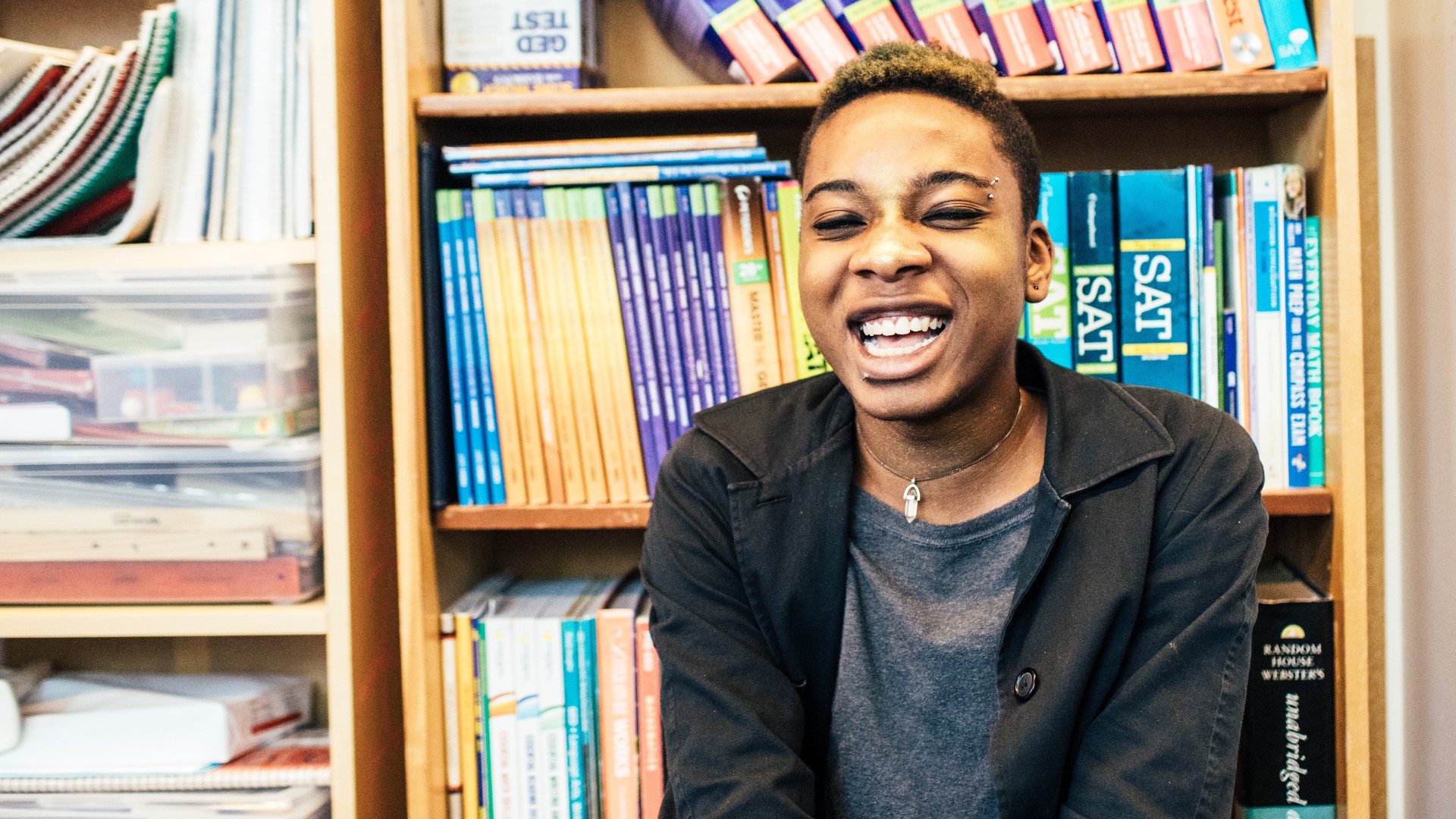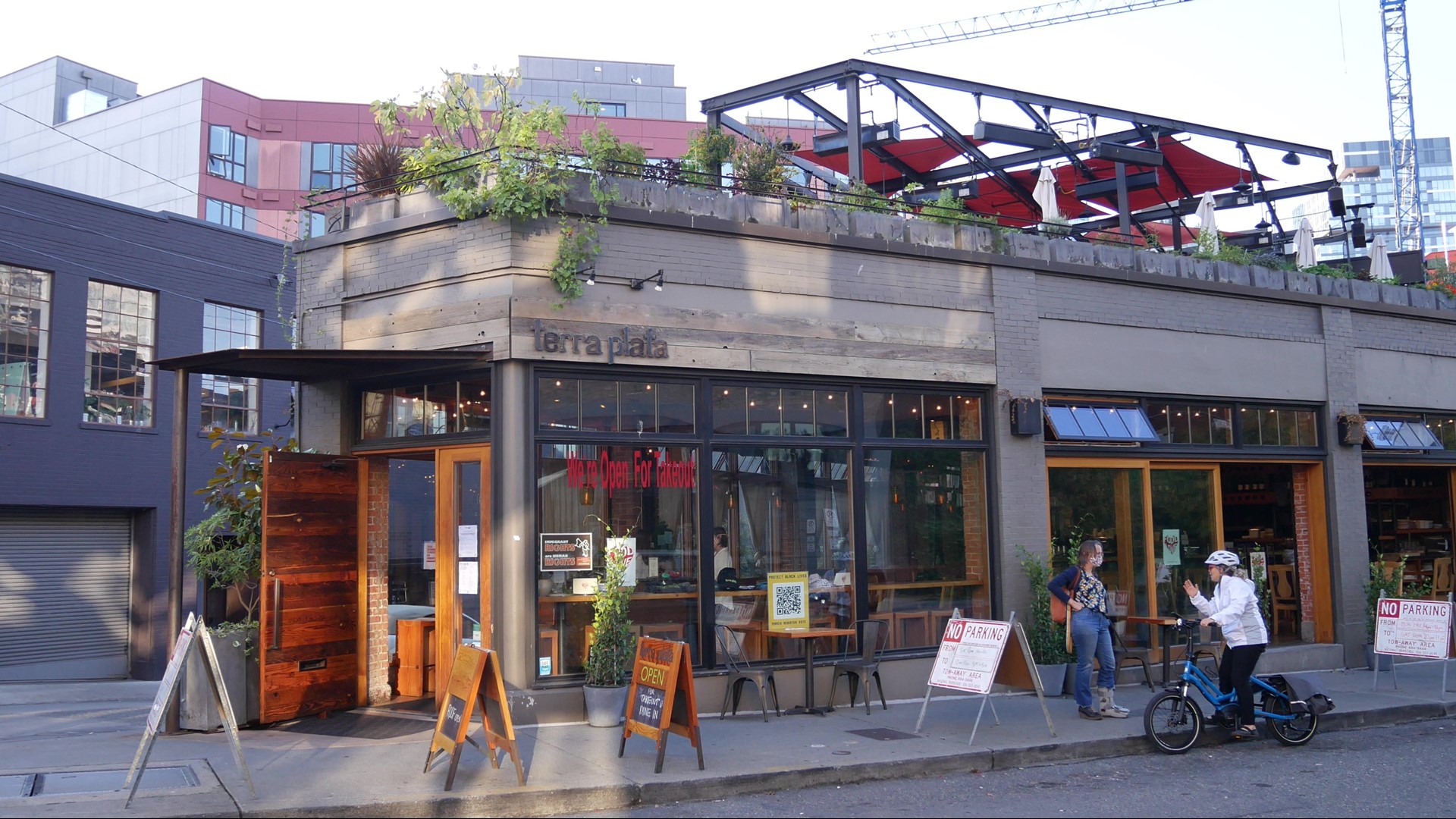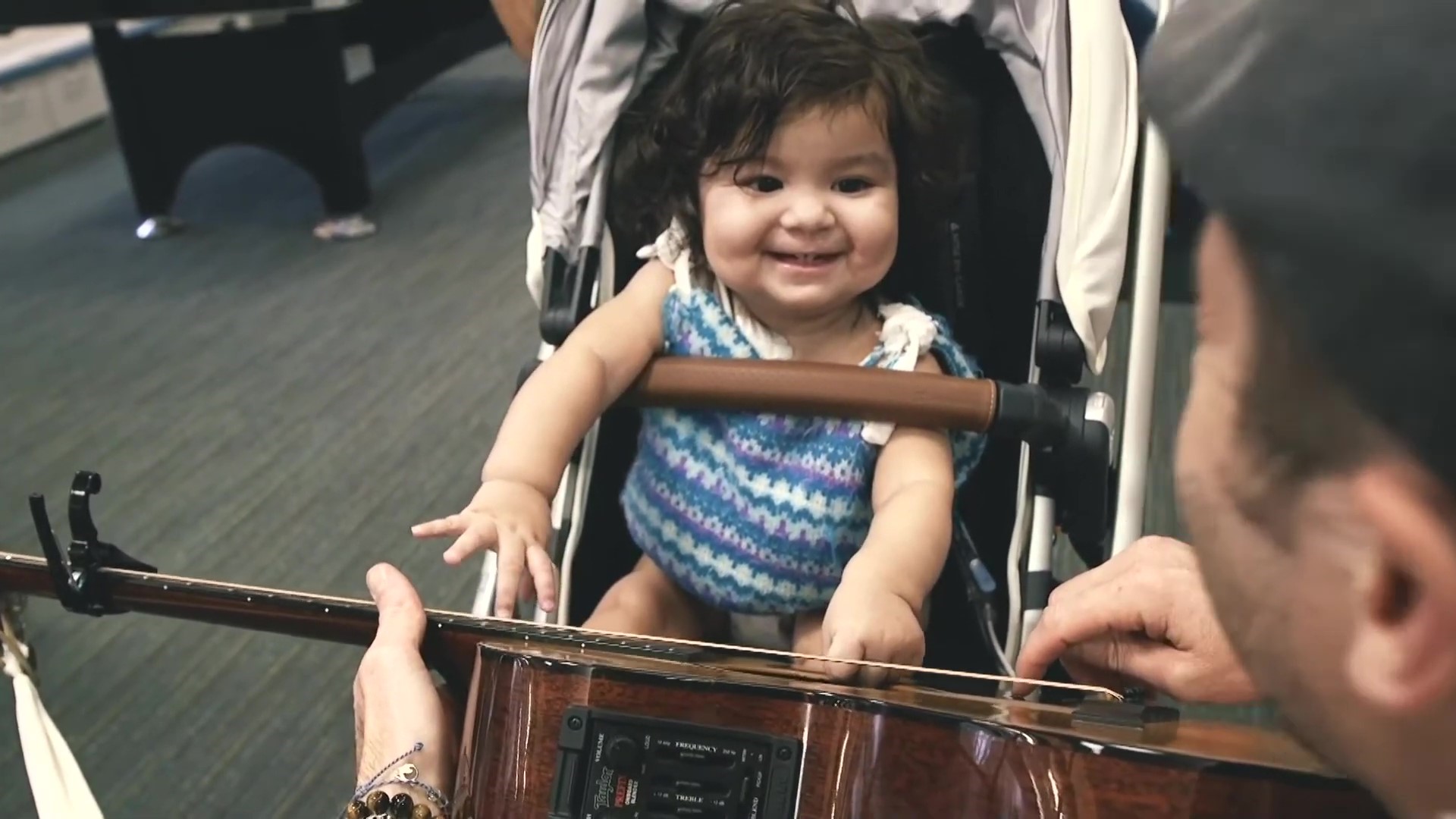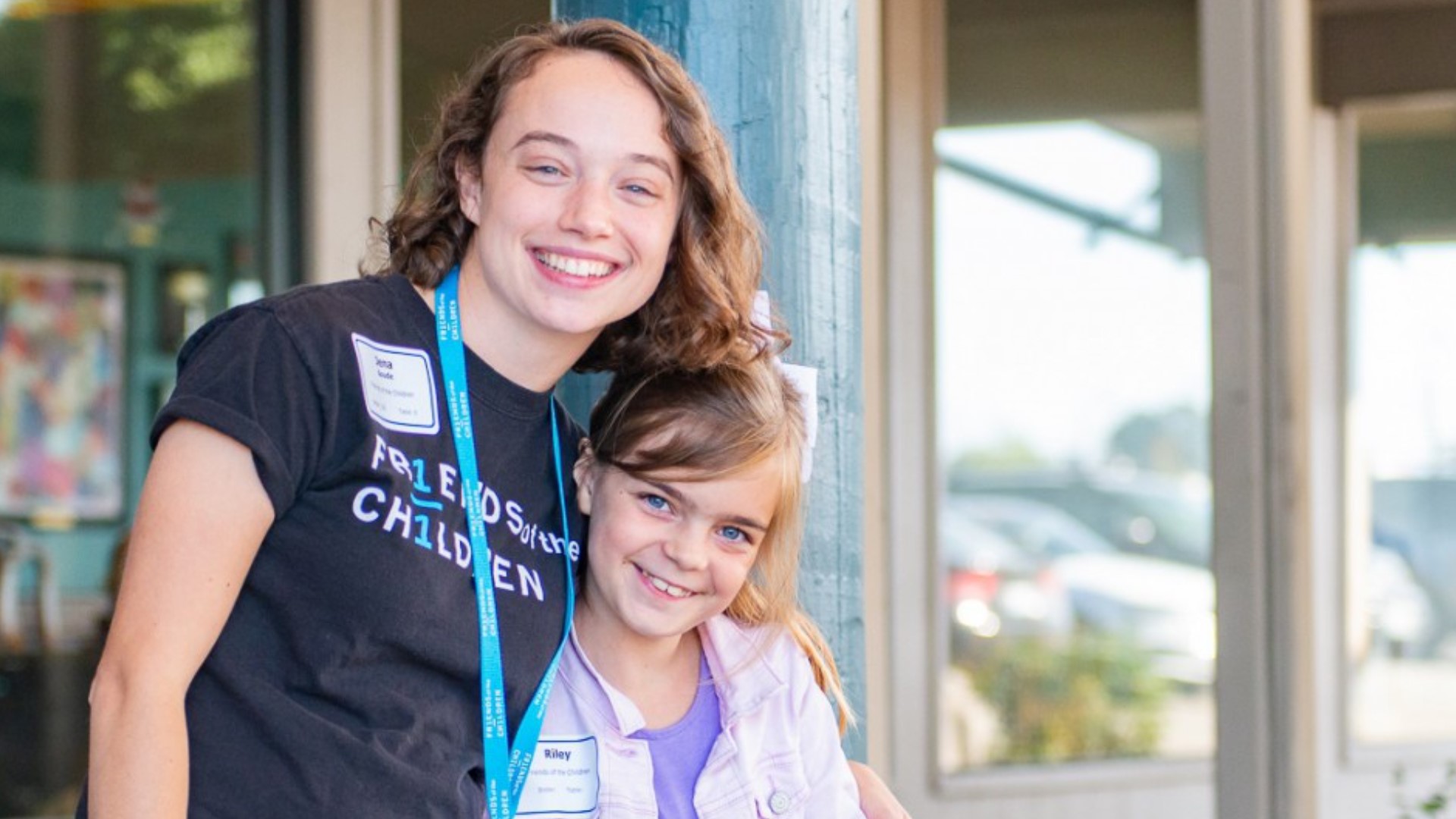6 Washington nonprofits helping communities stay connected
We could all use a little connection right about now these Washington nonprofits are here for you. #K5Konnected Sponsored by Premera.
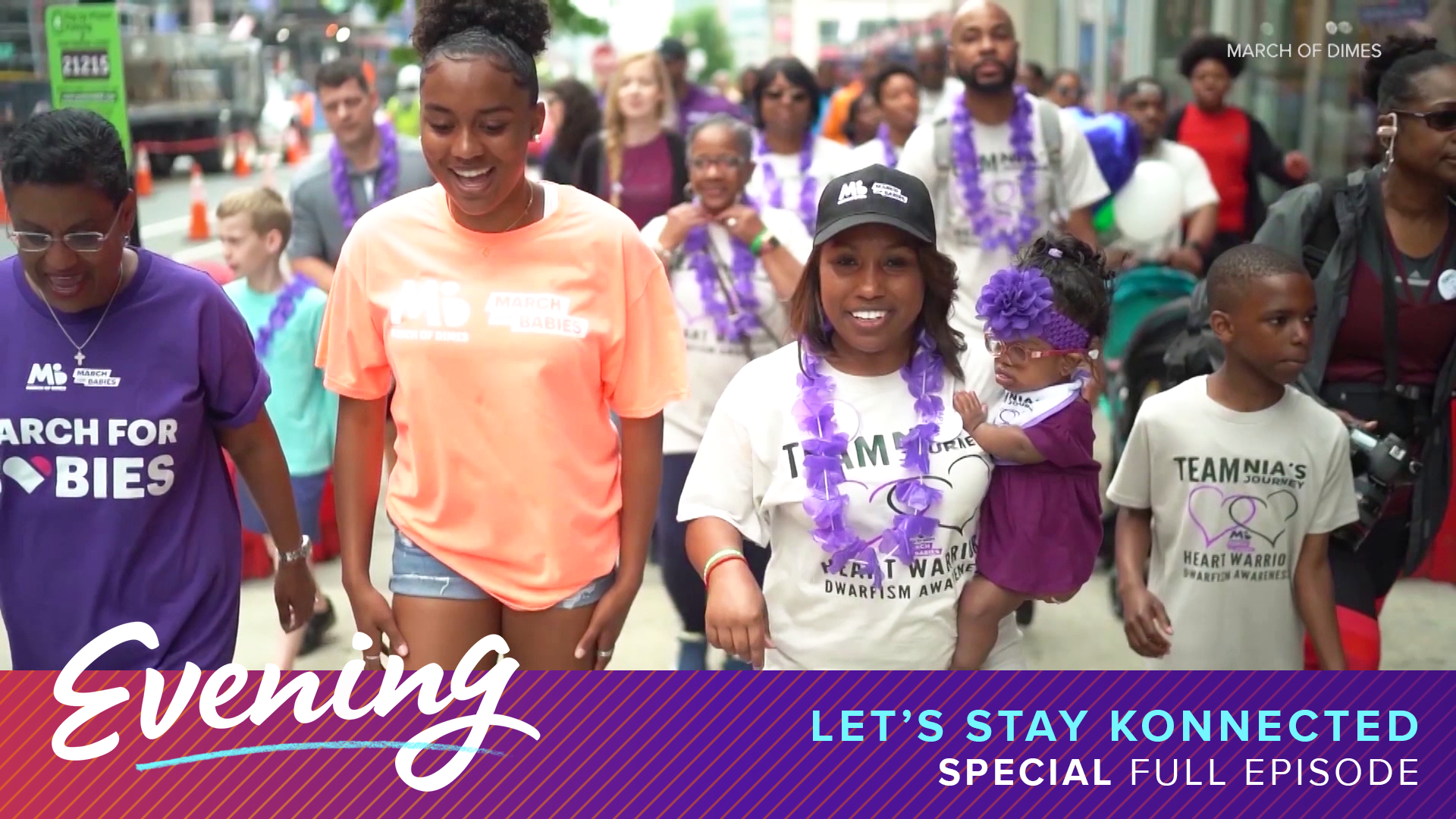
We could all use a little connection and kindness right now. As a part of #GivingTuesday we are highlighting 6 Western Washington non-profits that are doing a lot of good for all sorts of people in our community. Sponsored by Premera as part of KING 5 Konnected.
Youthcare: Ending Youth Homelessness Subtitle here
Youthcare is a non-profit in King County that's helping build brighter futures for kids and teens experiencing homelessness. And they've got a worthy goal - one day, they hope to end homelessness entirely.
Youthcare has been in action since 1974, housing and supporting kids and young adults in King County.
"Since that tiny start in a three bed shelter, we have fourteen locations in Seattle serving about 1500 young people per year," Youthcare's Director of Community Engagement Randi Eseltine says.
Chances are, you've seen one of their programs in action - the "Safe Place" signs in front of certain buildings. Safe Place is a national program that began in 1983 at the Great Louisville YMCA. Since then, it's spread through forty states - including Washington.

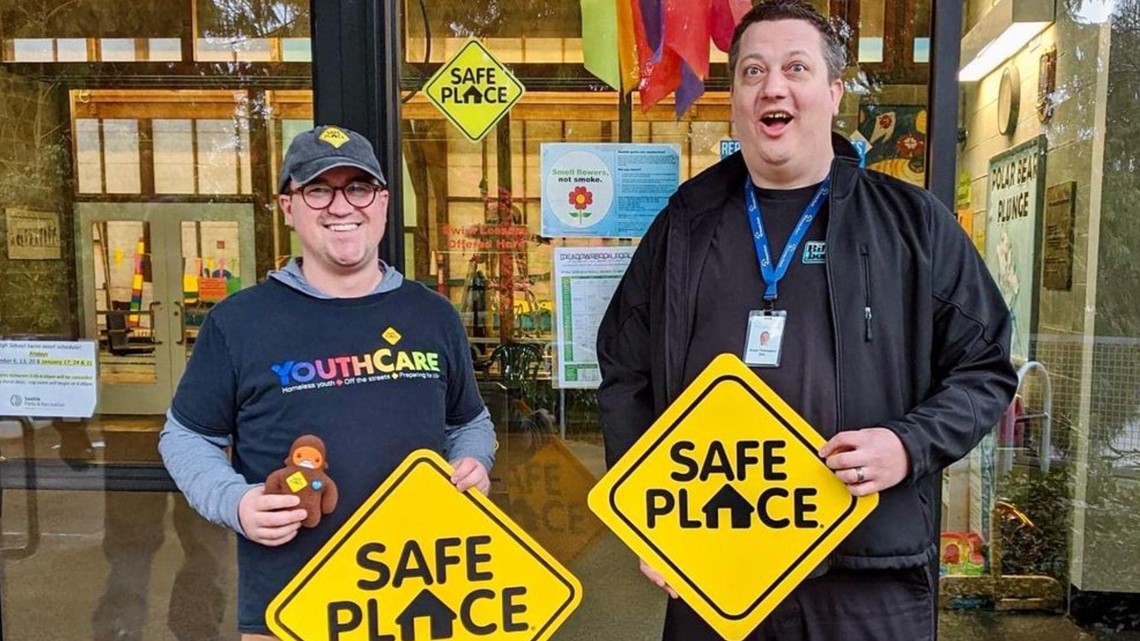
"So in King County, we have about 1000 youth and young adults who are experiencing homelessness every night," Eseltine says. "And so Youthcare's full mission is to provide a comprehensive range of services to make sure they get their needs met."
They also make sure youth and young adults have community connections to help them stabilize and thrive. In a national study, ninety percent of homeless youth report family conflict - so that support is more important than ever.
"Most of the time, we're talking about young people who has no support system, or have a support system who're experiencing those barriers," Eseltine says. "We really want youth to see themselves as having the potential to get a job, go to school."
Mental health support plays a major part in Youthcare's work as well. Their sponsor, Premera, helps them provide mental healthcare to the youth and young adults they help.
"We concentrate on healing and processing the trauma that's been outside of our walls," Youthcare's Strategic Program Partnership Integration Kathryn Peterson says.
And through their work, Youthcare hopes to one day end youth homelessness.
"No one wants to grow up and be homeless," Eseltine says. "This is probably one of the hardest things a young person can experience, and so we're here as a community to embrace young people who have no other support system. Not just Youthcare, but the entire community.
The GSBA: Supporting LGBTQ businesses throughout Washington Subtitle here
Terra Plata on Capitol Hill isn't just a spot to snag paella on Monday nights. This restaurant is one of Washington's many LGBTQ-owned businesses represented by the GSBA.
"Terra Plata has always been about a gathering space and bringing people together, and the GSBA has been emblematic of that," owner Linda Di Lello Morton says.
The GSBA, or Greater Seattle Business Association, is a business chamber for LGBTQ and allied businesses, started by nine gay business owners in 1981.
"We first started to support each other and keep that pink dollar circulating in the community," president Louise Chernin says. "And then they said, 'Hey, we have some clout. We can use that clout to address the rampant discrimination for the LGBTQ community'."
From there, the GSBA has become not online an online and paper directory of these small businesses, but an advocate for them as well.
"For us, it's about strengthening those small businesses, giving them resources, education, training," Chernin says.

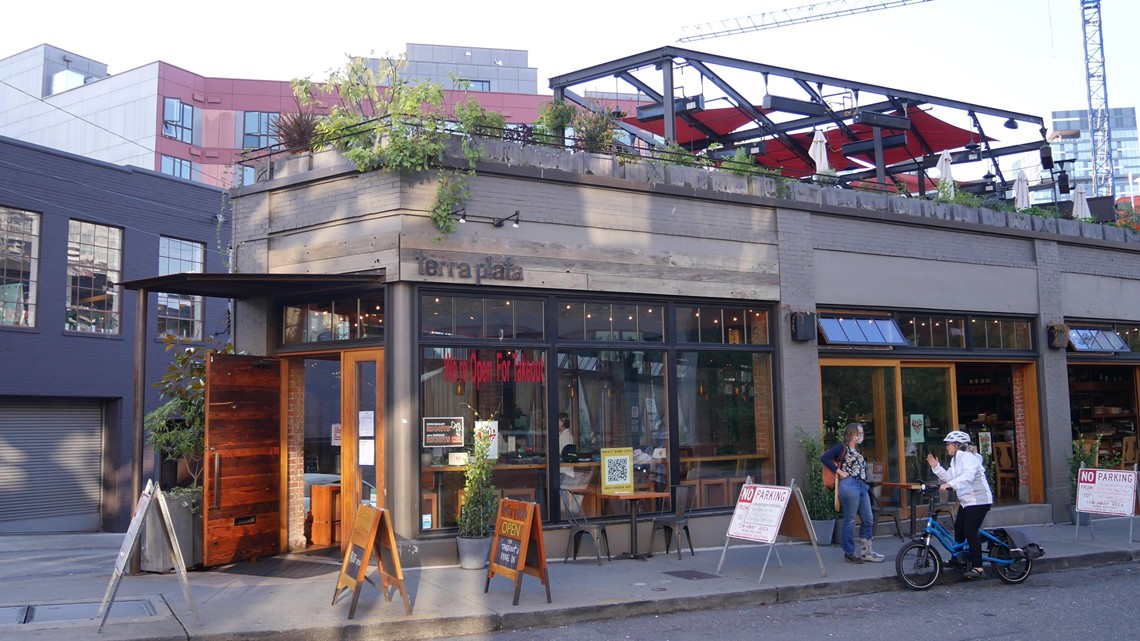
Terra Plata is just one of the businesses they represent, a farm-to-table restaurant that's been a Seattle staple since 2011.
"There was a time, I think a few years after being involved in the GSBA, that I realized I had a voice, and that I didn't want to be a restaurant that just served food. I wanted to serve my community," Chef Tamara Murphy says.
A lot has changed since the GSBA's founding, but there's still work to do. Sponsors like Premera support the GSBA in other projects, like the GSBA Scholarship Fund, and Travel Out Seattle, a travel guide tailored to LGBTQ visitors.

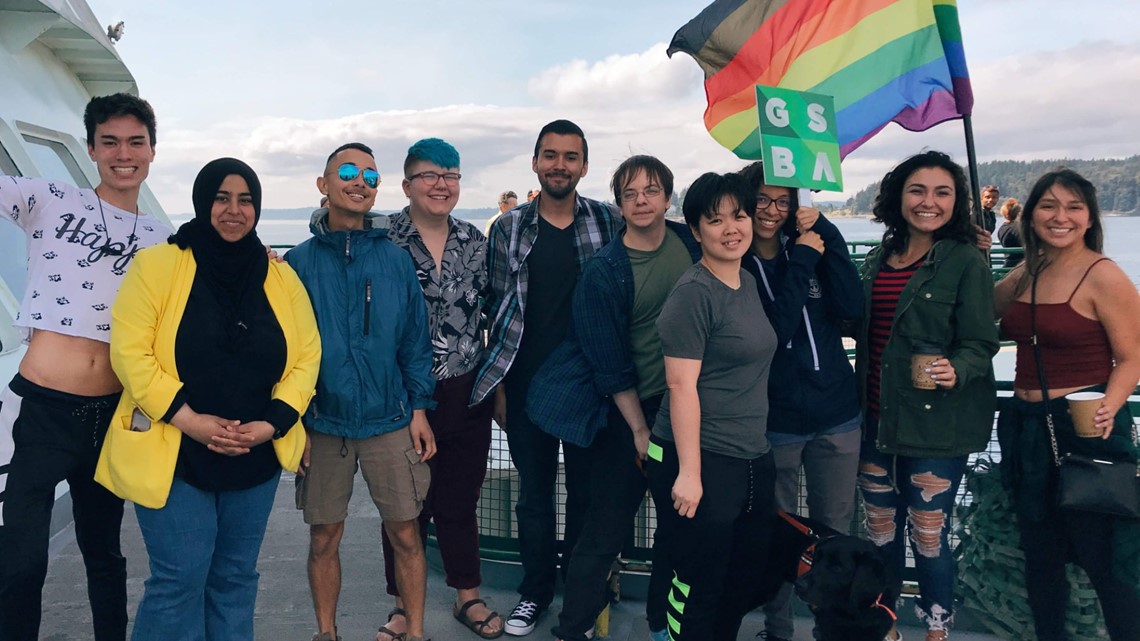
"As a community of small businesses and restaurants, it's like, we need all the help we can get," Di Lello Morton says.
And in the midst of a pandemic, that support is more important than ever.
"I just can't imagine my life without the GSBA and what it brings to me personally," Di Lello Morton says.
The Melodic Caring Project: Using Music for a Powerful Cause Subtitle here
Many people feel isolated right now -- but for many children in hospitals around the country, that feeling is doubled. That's why Seattle-based non-profit, the Melodic Caring Project, is using the power of music to help them.
"Music is just power, it's one of those connectors, one of those bridges that connects across language and barriers," says Levin Ware, co-founder of the Melodic Caring Project. "It's very disarming and very encouraging."
Levi and Stephanie Ware are the couple behind the Melodic Caring Project, a non-profit founded in 2010 that brings music to the people who need it the most - kids and families who are dealing with cancer and other chronic illnesses.

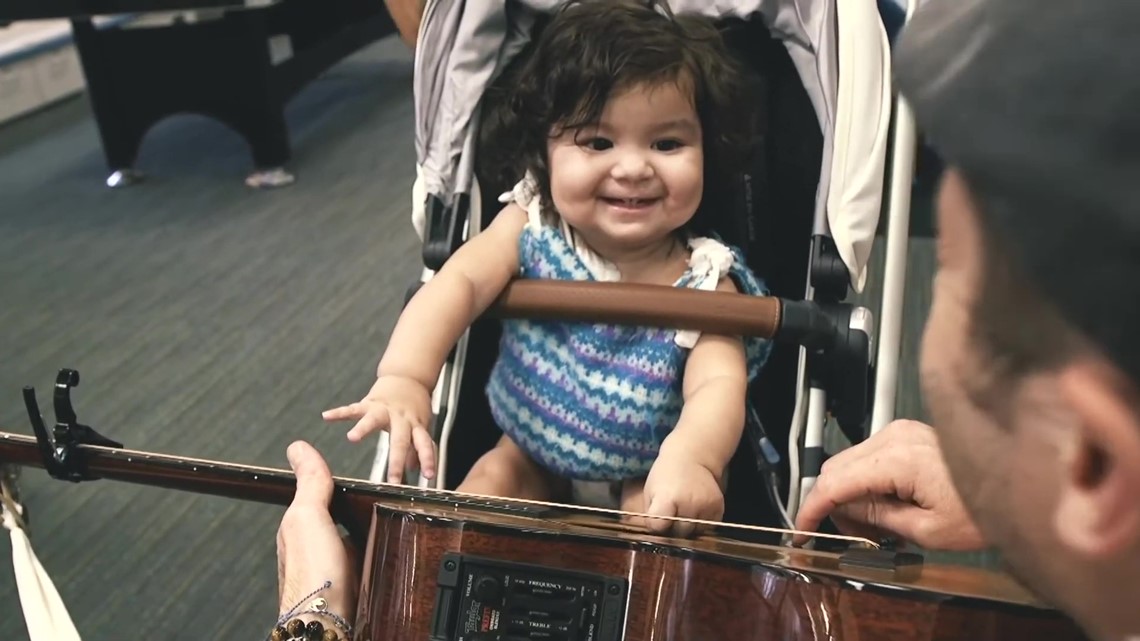
Over 300 hospitals work with the Melodic Caring Project, connecting kids and their families to the non-profit. Musicians will either visit the kids at the hospital, or MCP will film live concerts, with special shoutouts for the kids - who are called rockSTARs.
"So it's not just a video experience for them," Levi says. "I think that's fun, but it's that personal connection, that personal recognition, and they're cheering for you."
"Our goal is to make them feel not alone in what they're going through," says co-founder Stephanie Ware. "And we've heard it's helped them fight even harder for what they're going through."

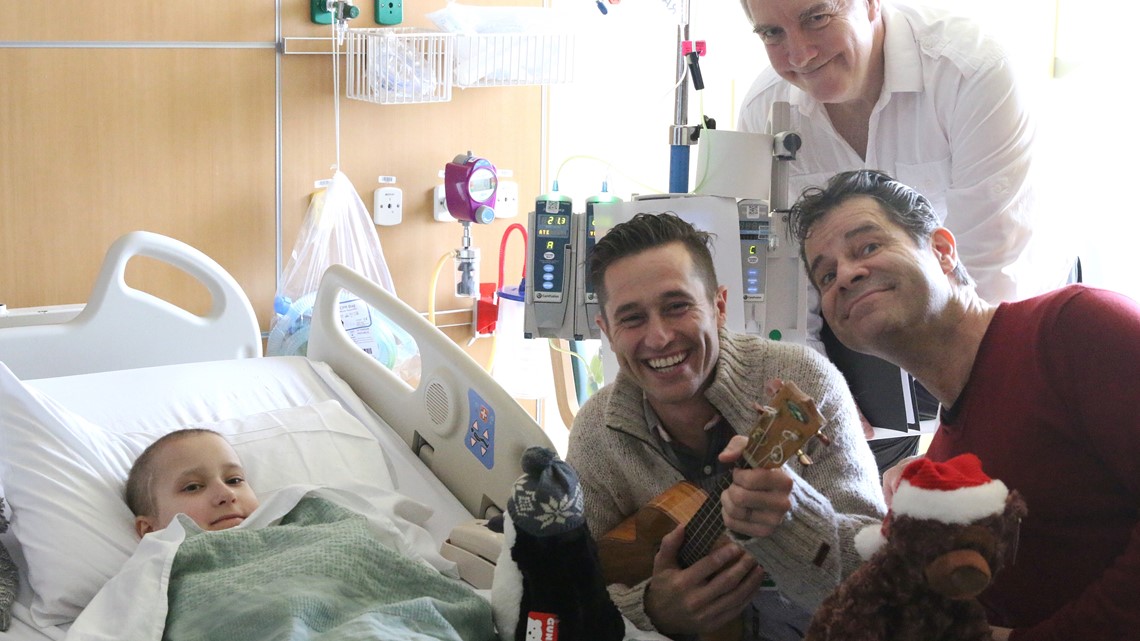
Due to the pandemic, MCP has had to shift their normal programming, as live concerts aren't currently happening, and hospital visits are few and far between. They've created MCP Connects, a new way to connect with musicians and hear powerful music.
"We've created a studio in our small five-hundred-foot office space, so this is where all of the MCP Connects episodes happen," Stephanie explains.
"We're connecting with the artists, we've hearing what their lives are, and how it's connecting them and what inspires them and all of those things," says Levi.
While the Melodic Caring Project usually concentrates on connecting with children in hospitals who have chronic diseases and serious injuries, Levi and Stephanie have decided to expand their reach further. They've begun to encourage people with mental health conditions - or anyone struggling during this time - to explore the Melodic Caring Project.
"I think there's so many more people that are dealing with anxiety and depression," says Stephanie. "And so we really broadened the scope of Melodic through this, offering support to anyone in need to lift them up."
One of their sponsors, Premera, has also been passionate about spreading mental health awareness and support.
"They've been a fantastic partner as the pandemic has happened so we can concentrate on the kids and families," Stephanie says.
Because the Melodic Caring Project isn't just about music - it's about connection and kindness.
"We're also here to create a space where we can come and gather and join and come together in compassion and empathy," Levi says.
The March of Dimes: Helping Mom's and Babies Subtitle here
While Seahawks long snapper Tyler Ott currently stands at six-foot-three, he was born premature.
"My parents had a first hand experience going through it," Ott says. "Not being able to hold me after I was born, not being able to bring me home right away."
His mom's experience led her to discover the March of Dimes, a non-profit dedicated to the health of moms and babies - especially in regards to taking care of premature births. In turn, Tyler has become a lifelong advocate.
"I got involved in the March of Dimes the day I was born," Ott says. "I spent ten days in the NICU in Tulsa, Oklahoma...I'd been involved from grade school, middle school and then into high school, and just kept supporting it."
Now, Ott does the Points for Preemies Pledge, raising money for the March of Dimes with every extra point, So far, he's helped raised almost 40-thousand dollars in the past three years.
"Families are still having children, kids are still being born with birth defects, so the fight can't stop even if we've kind of paused our lives during this time," Ott says.

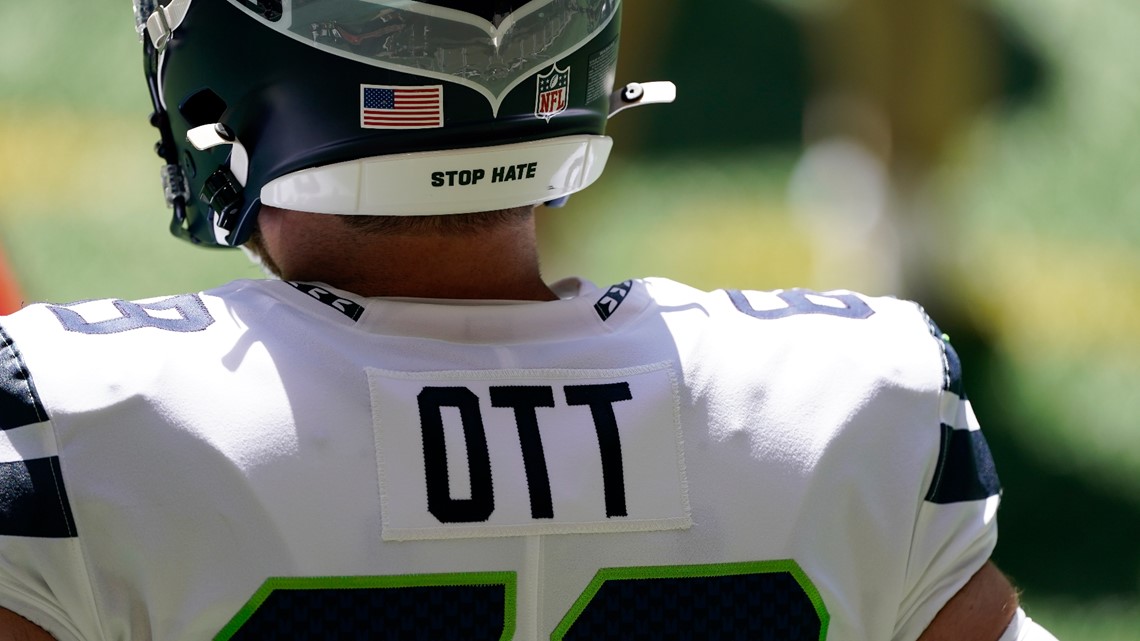
The March of Dimes is continuing to fight. From funding the polio vaccine in 1955 to helping moms through their pregnancy journey, the non-profit has helped millions of mothers and babies throughout the years. And now that moms are living through a pandemic, the March of Dimes has adapted to this new environment.
"We're shifting from having a lot of our programming in the hospitals to virtual," says Christina Ratkus, March of Dimes Executive Director of Market Development in Washington state.
To their sponsor, Premera, they've grown their supportive pregnancy care program across Washington state, to areas Christina calls healthcare deserts - place where mothers may not be able to access the medical care and support they need.
They're also working to fight racial bias in the healthcare system as well, to make sure all parents and babies receive the treatment they need. If you'd like to learn more about specific programs in Washington, you can email Christina at CRatkus@marchofdimes.org.
And now that Tyler Ott is a dad himself, the work the March of Dimes does means even more to him.
"We're a prime example, my wife and I," Ott says. "People are still having babies in lockdown, so March of Dimes is still so important."
Friends of the Children: Breaking the Cycle of Generational Poverty Subtitle here
Having someone to look out for you always feels good - but for kids, it's doubly important. For 13-year-old Aujonea, that's Shaye Villanueva.
Shaye Villanueva is a professional mentor with Friends of the Children, an organization dedicated to helping kids facing adversity in their lives - whether that's generational poverty, under-resourced schools, the criminal justice system, or other situations.

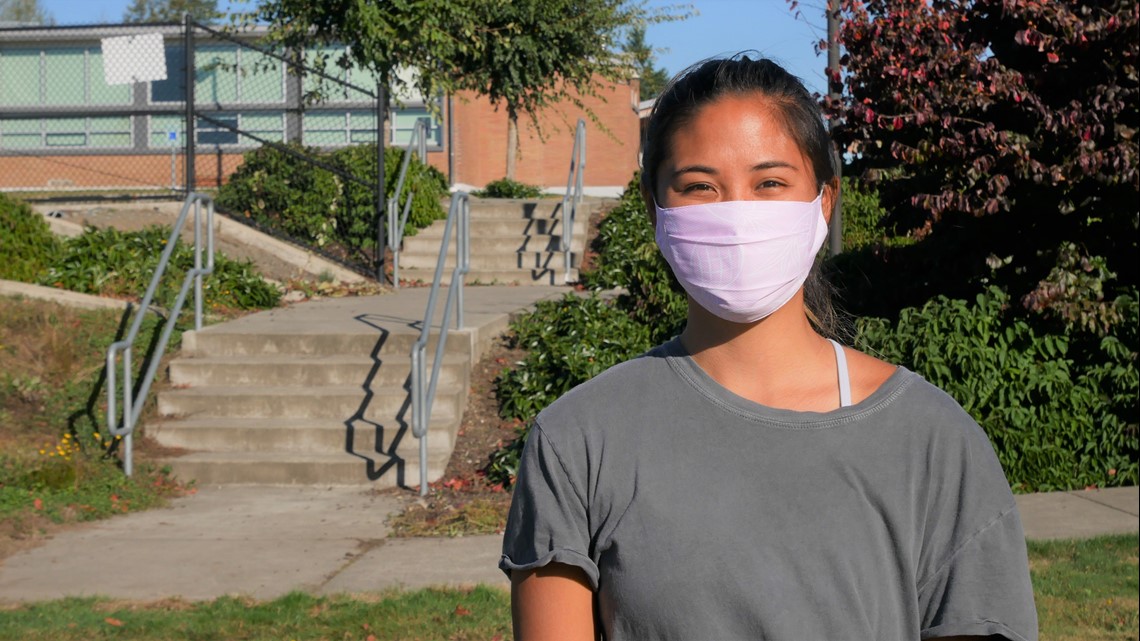
Youths are paired with mentors, which do everything from help them with their homework to bake with them - online, of course, due to COVID-19. Villanueva has a caseload of eight teenage girls. It's kind of like having eight younger sisters.
"We kind of just hang out after school," Villanueva says. "I help with their homework if they need support in that, if they're dealing with drama as friends, and just as an additional support outside of their support system."
"She's nice and she's always upbeat," Aujonea says. "And I can trust her."
Villanueva teaches them nine core tenants - things like hope, problem solving, perseverance and grit. But it's not all big, important lessons and doing homework.
"We like to cook and bake," Villanueva says. "I actually just dropped off some ingredients for virtual cooking, and we'll make some spicy beef tacos."
Friends of the Children commits to each child for twelve years or more, giving them the stability, guidance and support they need to succeed. And Aujonea plans to succeed. Her dream is to own a bakery while helping to rescue dogs.
"I want to help animals," Aujonea says.

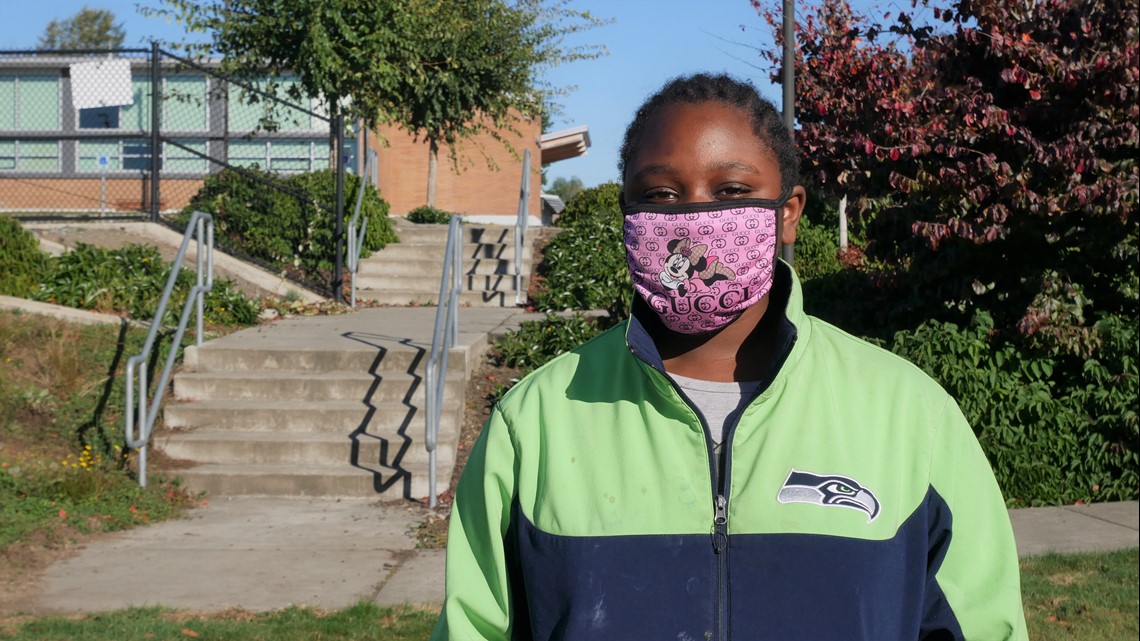
Friends of the Children is unique in that youth are paired with mentors for years. According to their research, the most important factor in overcoming childhood adversity is "a long-term, nurturing relationship with a consistent and caring adult".
That's what Shaye is to Aujonea. So for her, having Shaye on her side is exactly what she needs to help her be her amazing self, every day.
The West Seattle Eagles: People Helping People Subtitle here
The motto of the Fraternal Order of the Eagles is, "People Helping People". So, it's no surprise that the West Seattle Eagles Aerie #2643 is doing just that.
Most of the time, the Eagles offer meals in-house to raise money for non-profits. They're good meals for a small price - but after seeing so many people struggling and losing their jobs, Eagles members included, they decided to do something a little different.
"We just put it out there and said, 'Hey, free meals to anyone who wants them'," West Seattle Eagles past Worthy President John Ledeman says.
Since mid-March, every single evening, the West Seattle Eagles have handed out free dinners to anyone who wants them at their Alaska Junction location- with everyone welcome, regardless of their situation.
Dinner service starts at 5:30pm every night and ends when they're sold out. Most nights, the Eagles serve anywhere from 100 to 150 to-go meals a night. Diners are encouraged to pick up multiple meals if need be - Ledeman says he would rather have one person pick up for a family, than have an entire family out and about.
Many of the Eagles kitchen staff are restaurant and bar workers themselves, laid-off from their jobs. They thought the best use of their time was to give back - and this is a labor of love. Eagles members like Gabby and Debby sometimes work until two or three in the morning to prep for the next day.

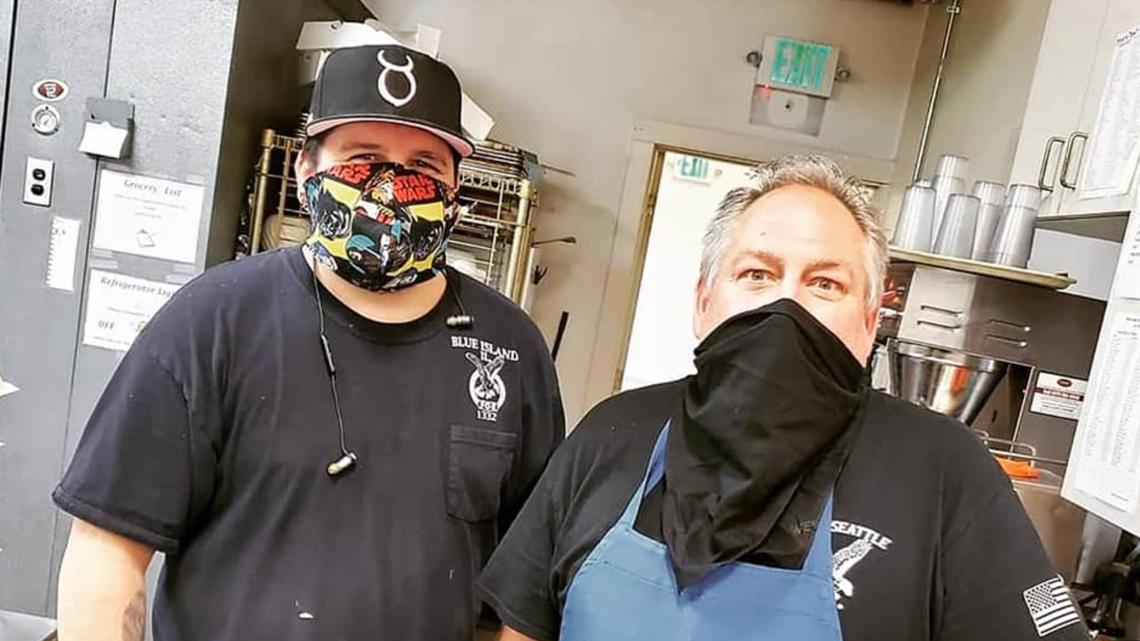
The West Seattle Eagles rely on donations to continue their free dinner service. Diners can leave cash donations when they pick up food, but there's also the option to donate online through Venmo. Donate to the account @John-Ledeman and use the confirmation code 0922.
"There's a lot of people out of work and a lot of people who can't feed themselves, and that's just what we have the resources to do," Ledeman says.
Each night features a different, filling meal. One evening, it could be meatballs and rice. The next, lemon chicken with mixed vegetables and desert. Some West Seattle residents, like Itto's Tapas and the Admiral Pub, have donated food and time to help the Eagles, as well.
"West Seattle and the general area have been very generous," Ledeman says.

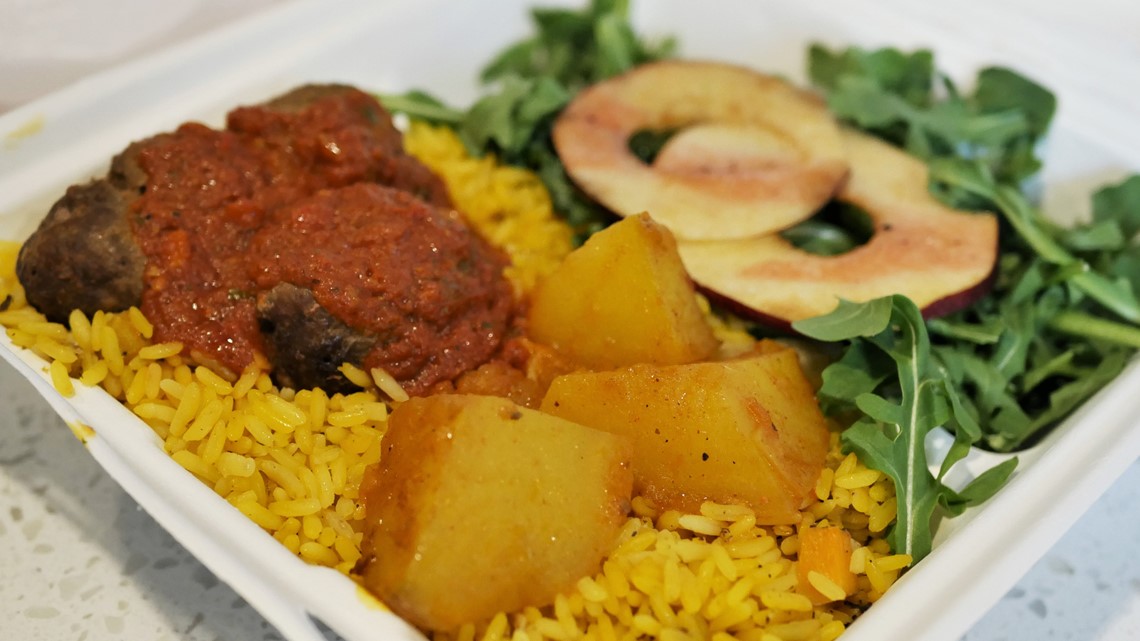
In a time - and neighborhood - where we all might feel a little isolated, the West Seattle Eagles are making sure the community is coming together.
"Growing up here, it's near and dear to my heart," Ledeman says. "So to have a group like the West Seattle Eagles…it's really really nice to be able to give directly back to the community by doing this."
Sponsored by Premera as part of KING 5 Konnected. KING 5's Evening celebrates the Northwest. Contact us: Facebook, Twitter, Instagram, Email.


